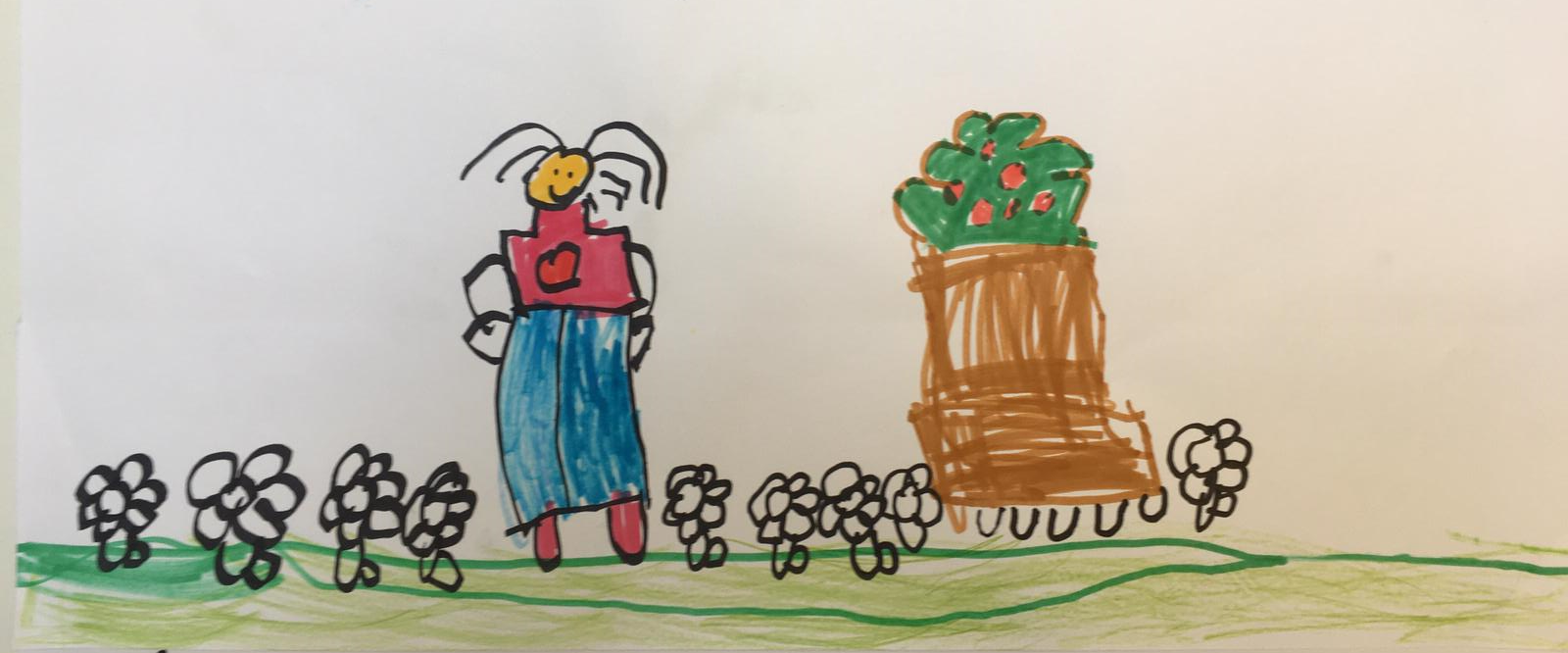Trauma day clinic for people with a refugee background

Solentra recently set up a trauma day clinic in Belgium for people with a refugee background. Participants meet weekly in Brussels over the course of three months for an intensive treatment for complex trauma.
Worldwide, 40 to 60 per cent of all refugees are said to be traumatised: post-traumatic stress disorder (PTSD), stalled grief, attachment disorder … This trauma hinders them from resuming their lives and successfully integrating into a new society.
Moreover, complex PTSD is transgenerational: the trauma is passed from parents to children as long as it is not treated.
“Most refugees are unfamiliar with psychiatry and trauma treatment, which leads to severe undertreatment,” says Angie Nicolas, who works as a clinical psychologist at the day clinic. “Reaching this target group therefore requires a specific approach.”
Why a day clinic?
A day clinic is a very efficient form of trauma treatment: intensive treatment in a short period of time. Refugees benefit from this kind of time-saving intervention, as it that does not slow down their integration process. After all, they often still have to start from scratch: learning the language, finding work, finding their place at school …
Culture sensitive counselling in a day clinic allows for the early detection of serious mental health problems and helps prevent additional trauma in the country of arrival. It also facilitates clients’ integration, which countries like Canada and the Netherlands have already demonstrated.
“Moreover, a collective approach works well for war trauma,” says ethnotherapist Alain Nlandu. “What peers say often sounds more plausible to clients than what a trauma therapist tells them.”
How does it work?
During participants’ intake, they can indicate which specific themes they want to focus on. These can include emotion regulation, trauma, stress and coping, resilience and inclusion, grief, adaptation, migration, racism/exclusion, communication …
Based on their needs, they then take part in a series of group sessions with participants that have a similar profile: family with young children, adult, adolescent, unaccompanied minor…
Our psychologists use various methods in the day clinic: NET, EMDR, psychomotor therapy, yoga, play therapy… An interpreter is also always present to guarantee that each session takes place in the participants’ mother tongue.
What impact does a day treatment have?
We want to help people cope with their trauma symptoms and stabilise their emotions. Trauma can disrupt the sense of safety and attachment, while a disrupted sense of justice can lead to a lack of trust in authorities and other institutions.
The sessions in the day clinic increase participants’ coping skills and self-esteem, as well as connect their thoughts with their feelings. For families specifically, the clinic also focuses on how they function as a family in their new context. How do they behave in their new parent and child roles?
In addition to intensive day treatment, we support care providers by helping them structure their client’s environment in a way that increases their resilience.
Practical
The sessions take place at Solentra’s office in Brussels:
Sainctelette Square 17
Entrance Akenkaai 1
1000 Brussels
Solentra provides specialised mental health care. Therefore, it is not possible for clients to make an appointment directly. Registration can only be done by a care or service provider (GP, psychiatrist, social work, CLB employee …) using the form below.